My application is a web version of the board game Settlers of Catan.
I'm using node --prof app.js to profile the app and node --prof-process ISOLATE_LOG_FILE > processed.txt to turn them into a processed file.
I do get a lot of Code move event for unknown code events: https://prnt.sc/q69ugk
At the end I'm left with a file, like so:
Statistical profiling result from isolate-0x3df60c0-v8.log, (13113 ticks, 192 unaccounted, 0 excluded).
- What is this epoll_pwait in the context of node.js?
- Why is it using 60% of my application?
- What can I do about this?
